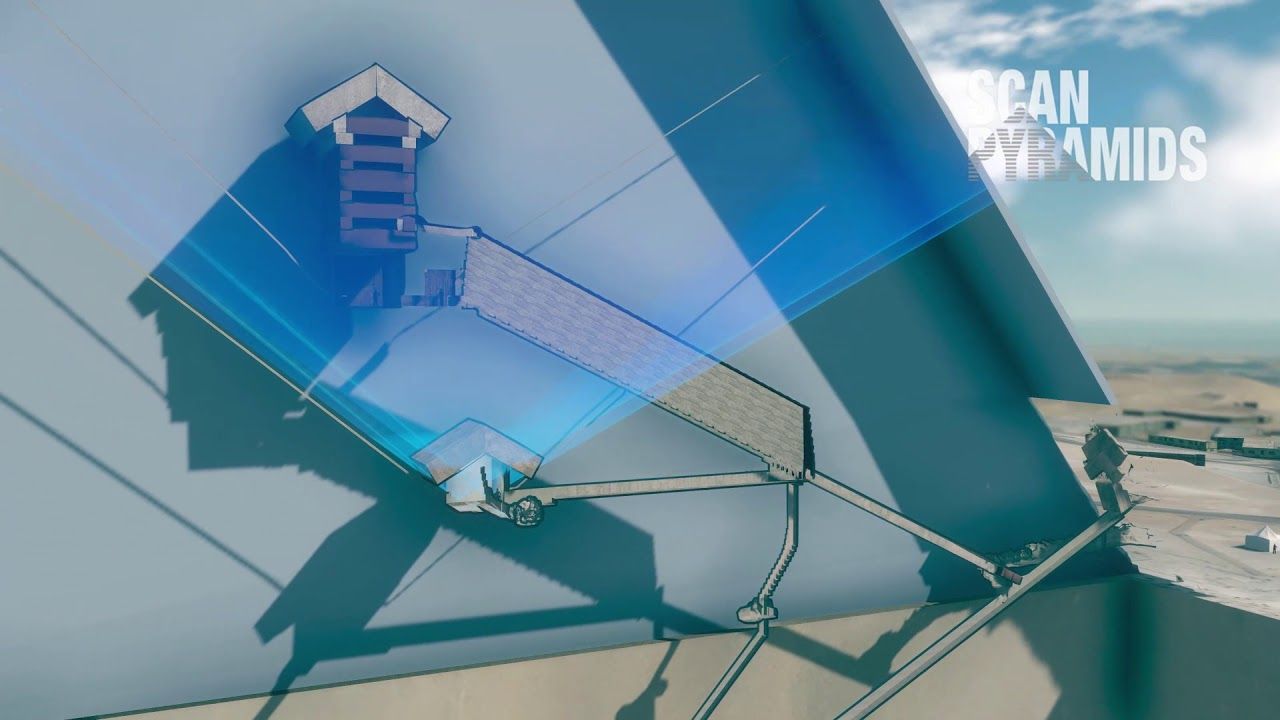Click on photo to start video.
Robot workers will improve life for everyone, not just the rich, according to Tim O’Reilly.
Click on photo to start video.
Robot workers will improve life for everyone, not just the rich, according to Tim O’Reilly.
Thank you to everyone who took part in Longevity Month 2017!
Over the past few years, there has been a tradition of longevity researchers and activists around the world to organize events on or around October 1 — the UN International Day of Older Persons, or Longevity Day. In recent years, this has been extended to include the entire month of October as a Longevity Month, in which activists organize various activities and events to raise awareness for aging research.
This year, we have continued the tradition with our Longevity Month “I am the Lifespan” event, where people tell us their stories and how they got interested in aging research and doing something about age-related diseases. We are pleased to say that the response to our Longevity Month event has been a great success, with lots of videos being sent in by people from the community. We have been showcasing them on our Facebook event page during the last few weeks, and as the event has now ended, we wanted to share a few more with you and tell you a little bit about some of the participants.
Continue reading “I Am The Lifespan – Thank You for Making Longevity Month 2017 a Success” »
Building solar and wind farms has started to become a cheaper proposition than running aging coal and nuclear generators in parts of the U.S., according to financial adviser Lazard Ltd.
Alphabet chairman Eric Schmidt says the US is at risk of falling behind in the race to develop cutting-edge artificial intelligence. Speaking at a tech summit organized by national security think tank CNAS, Schmidt predicted that America’s lead in the field would continue “over the next five years” before China catches up “extremely quickly.”
“They are going to use this technology for both commercial and military objectives, with all sorts of implications,” said Schmidt, referencing a Chinese policy document outlining the country’s ambition to become the global leader in AI by 2030. Schmidt reiterated several familiar talking points in this debate, primarily that the US is failing to invest in basic research, and that a restrictive immigration policy hobbles the country’s ability to attract AI talent from overseas.
“Some of the very best people are in countries that we won’t let into America. Would you rather have them building AI somewhere else, or rather have them here?” said Schmidt. “Iran produces some of the top computer scientists in the world, and I want them here. To be clear, I want them working for Alphabet and Google!”
Continue reading “Google’s former CEO says US could fail in the AI competition with China” »
While black hole collisions produce almost no signature other than gravitational waves, the collision of neutron stars can be — and was — observed up and down the electromagnetic spectrum. “When neutron stars collide, all hell breaks loose,” said Frans Pretorius, a Princeton physics professor. “They start producing a tremendous amount of visible light, and also gamma rays, X-rays, radio waves…”
Princeton researchers have been studying neutron stars and their astronomical signatures for decades.
Why eradicating age-related diseases through rejuvenation biotechnology is probably not going to result in ever-living tyrants.
Suppose there was a country ruled by an evil dictator. Further, suppose the entire world was plagued by a terrible disease affecting 100% of the population. The disease isn’t infectious, but it is congenital. It progresses extremely slowly over the course of several decades, but it eventually ends up severely impairing one’s quality of life, and it is always fatal; it’ll take its own sweet time to kill a patient, but it always will, and it isn’t going to be fun.
If it was suggested that a cure for this disease should not be developed so that we could be sure the aforementioned dictator will eventually pass away, would you agree? Would your answer change if you lived in that country?
Continue reading “Why Eradicating Age-related Diseases is Unlikely to Create Immortal Dictators” »
The EmDrive propulsion system might be able to take us to the stars, but first it must be reconciled with the laws of physics.
A local ABC story on #transhumanism:
NORFOLK, Va. (WVEC) — From the minute we wake up until we go to sleep, we’re constantly surrounded by technology.
Computers, cell phones, iPads, they’ve become ingrained in our everyday lives.
Continue reading “Transhumanism: A technological ‘worldview’” »

The Great Pyramid of Giza has been shrouded in mystery for millennia, but now a long-held secret of its structure might be known thanks to particle physics.
A narrow void lying deep within the ancient Wonder of the World has been found by scientists using cosmic-ray based imaging.
Continue reading “Hidden structure found inside the Great Pyramid of Giza” »
